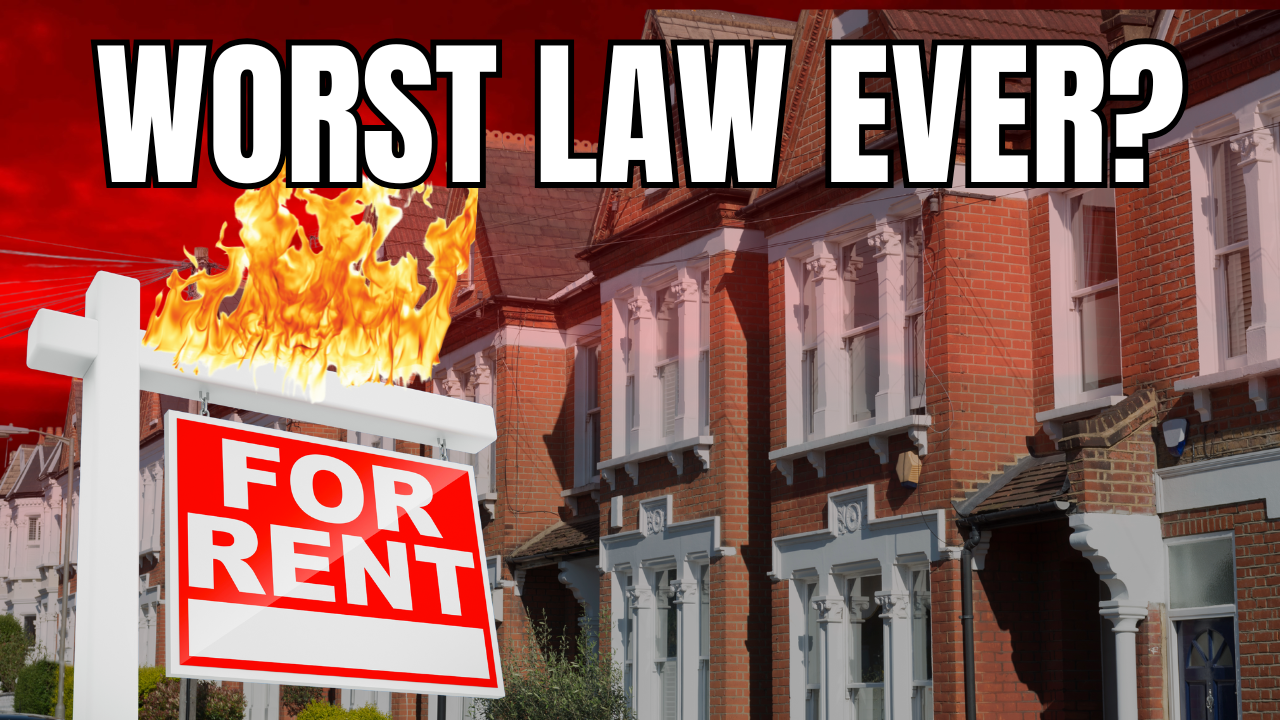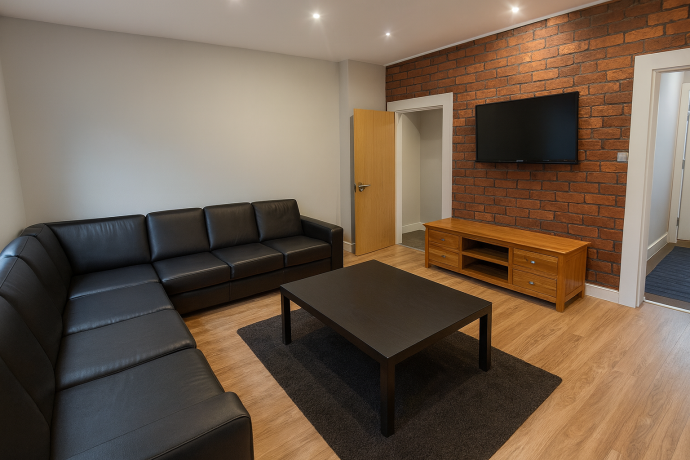
As an agent overseeing a large portfolio of licensed HMO properties, we've built close relationships with Leeds City Council's HMO Team. We regularly assist them with inspections, help with license renewal queries, and even discuss refurbishment options at the planning stage to ensure strict compliance with the law. However, we have recently noticed a concerning development that could affect landlords and property investors like yourself.
A New Concerning Trend
We've noticed some properties that have been licensed HMOs for years are now facing refusal of license renewals from the council. The reason? The council deems the existing communal space as "insufficient" for the desired number of tenants.
A Real-Life Example
Allow me to illustrate this with a recent case involving one of our landlords. They recently acquired an Article 4 compliant semi-detached HMO in Hyde Park, Leeds. Naturally, as the new owner, he was required to apply for a fresh HMO license. Unfortunately, the council's HMO Team found the living space to be 10m² less than what was deemed sufficient for the tenants, despite it being granted consecutive HMO licenses in previous years.
Consequently, the council only granted a temporary HMO license for the current six occupants until their tenancy expired. As a result, the landlord was compelled to undertake a single-story extension to increase the property's floorspace if they wanted to continue renting to six tenants in the future. While undoubtedly boosting its capital value, this unforeseen and unplanned expense was an unwelcome burden for our landlord.
We’ve noticed some properties that have been licensed HMOs for years are now facing refusal of license renewals from the council.
The Metric behind the Scene
In 2021, Leeds City Council introduced the "Houses in Multiple Occupation, Purpose-Built Student Accommodation, and Co-Living Amenity Standards Supplementary Planning Document." The full release an be found online, but essentially the document puts forward recommended standards for HMOs and PBSA, specifically relating to establishing space, light, and ventilation, and Leeds HMO Team seems to be applying these recommendations to the renewal of licensed HMO properties.
Why This Poses a Challenge
The issue at hand revolves around the unexpected application of these standards. Estate agents, solicitors, and even buyers themselves are often unaware of the potential obstacles they might face when buying a licensed HMO. Imagine investing in a substantial HMO property, anticipating multiple streams of income, only to have one of these streams revoked during the relicensing process. Naturally, this can devalue the property. Therefore, it falls upon buyers to remain well-informed and prepared.
Mitigating the Risks
To safeguard your HMO investments, we recommend practicing due diligence and familiarizing yourself with HMO licensing requirements. Here are some essential tips:
1. When purchasing a licensed HMO, personally measure the communal space to ensure compliance with LCC standards. Relying solely on the agent's floorplan may lead to unpleasant surprises down the line.
2. If you encounter a smaller bedroom, measure it yourself and ensure it meets the national HMO standards of at least 6.51m². Prevent the council from refusing a license due to inadequate bedroom sizes.
3. Access the HMO license register to determine when the property was last licensed. If the license postdates 2021, chances are the council is satisfied with the layout. However, if the license predates 2020, and lacks good sized communal areas, conduct your own measurements as suggested in point 1 above.
4. For landlords with already licensed HMOs, don't hesitate to reach out to the HMO Team. They are readily available to answer questions in our experience.
Staying informed and proactive is essential when it comes to navigating the world of HMO license renewals. As a landlord or property investor, you hold the power to protect your investments by conducting thorough due diligence and understanding the ever-evolving regulations. By personally verifying measurements, assessing license history, and reaching out to the responsive HMO Team, you can mitigate risks and ensure a smoother license renewal process. Remember, your investment success relies on staying one step ahead in this dynamic landscape of HMO license renewals.
















